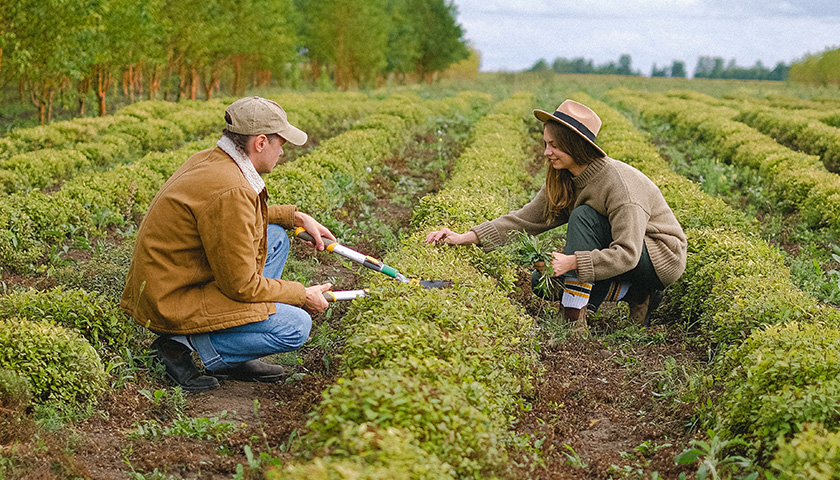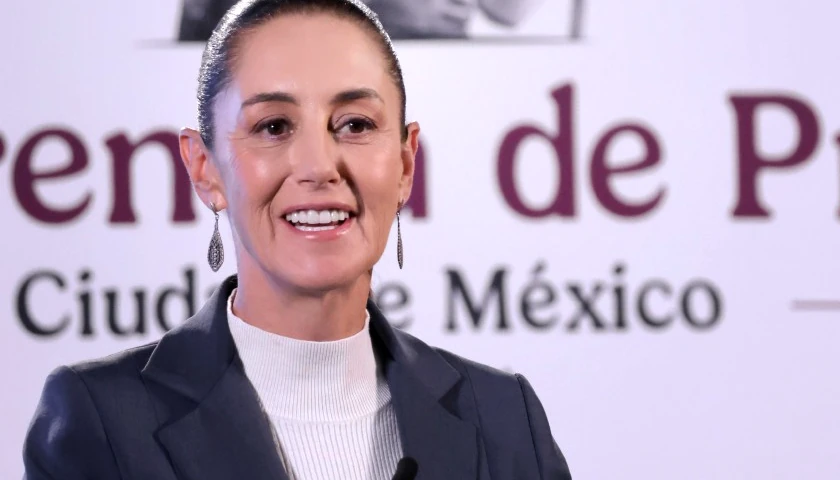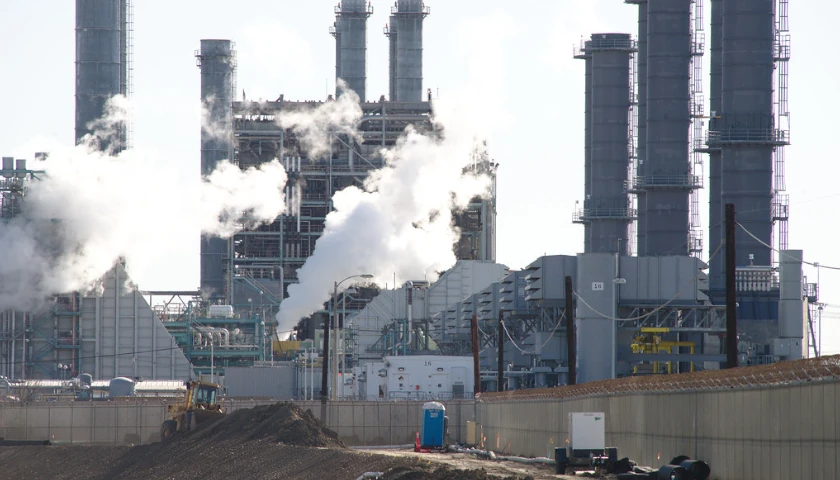by Mary Stroka
Family scale farmers in the Midwest may lose a lot to large agribusinesses through carbon markets, a new report says.
According to the report, “Agricultural Carbon Markets, Payments and Data: Big Ag’s Latest Power Grab” by Open Markets Institute and Friends of the Earth, carbon markets programs will entrench chemical-intensive farming practices and increase corporate control of agriculture rather than reduce greenhouse gas emissions like politicians assert.
The Consolidated Appropriations Act of 2023’s Growing Climate Solutions Act and the Sustainability Targets in Agriculture to Incentivize Natural Solutions Act, or SUSTAINS Act, support corporate carbon market programs. The USDA’s Partnerships for Climate-Smart Commodities pilot programs offered millions of dollars in grants to agribusiness corporations to evaluate carbon sequestration and carbon payment, the news release that announced the report said.
According to the report, only larger, mechanized farmers will typically be able to offset costs of implementing required farm practices with the money they earn from carbon offsets.
“So large monoculture in the Midwest may stand to gain a lot at the expense of small to medium sized farms in the area,” Friends of the Earth Senior Food and Agriculture Campaigner Jason Davidson told The Center Square in an emailed statement. “The increased land value stemming from offsets could lead to more farmland consolidation or venture capitalists and speculators buying up land in rural areas in those states.”
Soil carbon concentrations are difficult to measure or verify since most standards are unregulated and solely theoretical modeling of carbon sequestration, not actual soil measurements, and concentrations vary, the report said. It may take more than 10 years to significantly increase soil carbon, and carbon sequestered in the soil may escape with changes in land management practices or severe weather events, according to the report.
“Without basic market fundamentals of information exchange and consistent commodities, selling and buying offsets is little more than speculation,” the report said.
With carbon-sequestration verification programs, agribusinesses can collect and monetize farmers’ data and promote their digital agriculture platforms, and, with limited guarantee of payment, farmers will contractually commit to years of more expensive practices that produce credits for the corporations.
“Corporations are designed to serve their investors, not the public, and that’s exactly what these carbon offsetting schemes will do by locking farmers into their networks, protecting product sales, and stalling meaningful regulation,” Open Markets Institute Food Program Manager Claire Kelloway said in the release.
The report said the federal government should employ several other strategies instead. Those include rejecting corporate contributions to conservation programs that require farmers to share ownership of carbon credits with corporate donors, promoting agroforestry through existing USDA programs, enforcing more skillfully antitrust laws in agribusiness and protecting farmers’ data. Specific ways to protect data include ensuring corporations get a farmer’s consent before sharing or selling data to third parties and enabling farmers to easily transfer or remove their data from platforms.
– – –
Mary Stroka is contributor at The Center Square.
Photo “Farmers” by Anna Shvets.








